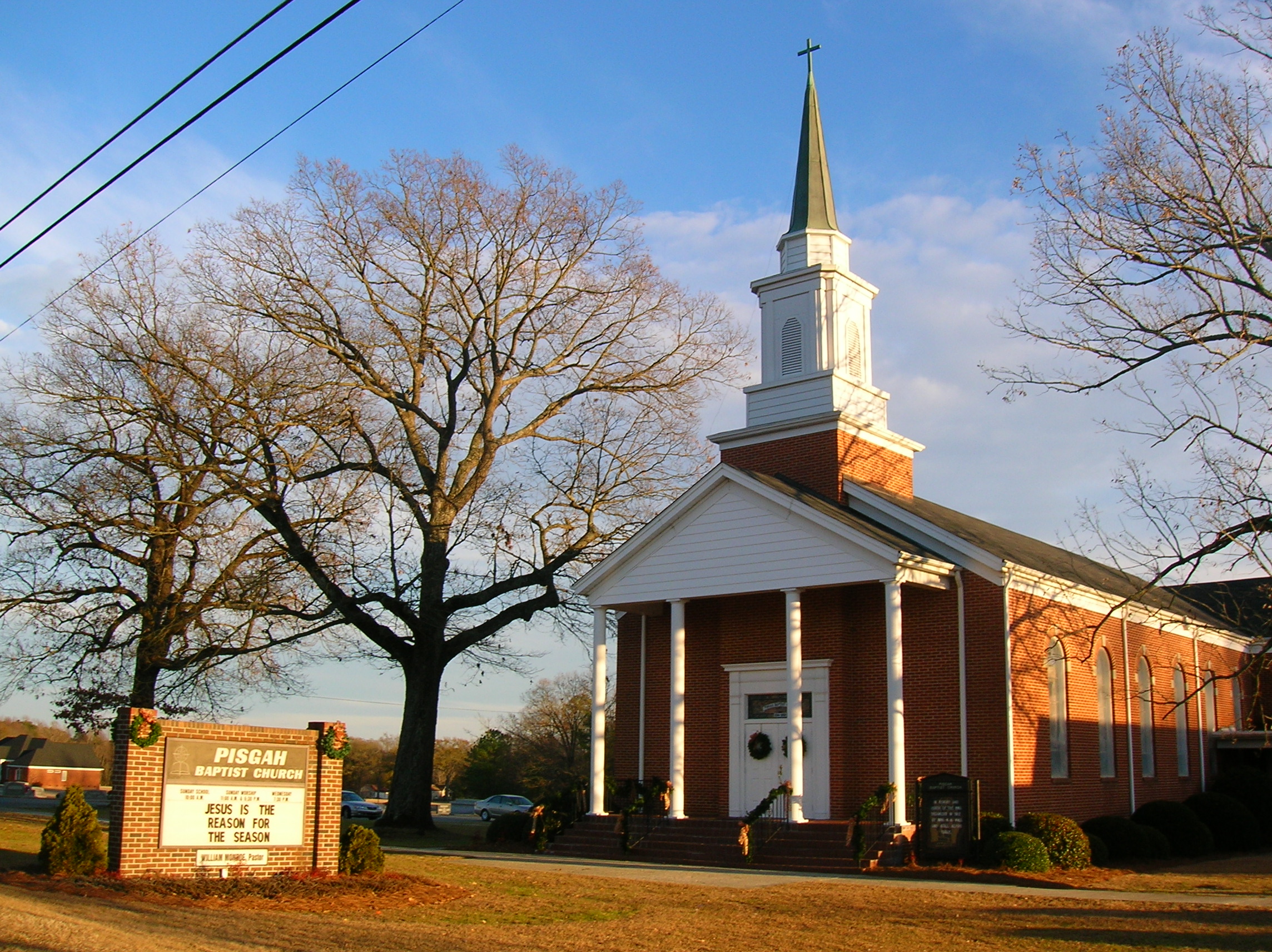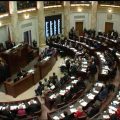Please call your state representative at 501-682-6211, and ask him or her to support SB1119, the Religious Freedom Restoration Act by Rep. Ballinger and Sen. Hether.
SB1119, the Religious Freedom Restoration Act by Sen. Hesther and Rep. Ballinger, failed to pass the House Judiciary Committee today.
The bill initially passed on a voice-vote, but failed when committee members demanded a roll call vote be taken. The bill received 7 votes; it needed 11 to pass.
Rep. Ballinger can bring the bill up for a second vote—and it might pass, if some committee members who were absent today are present for that meeting—but here’s the deal: This bill should not even be controversial.
- Alabama wrote language very similar to SB1119 into its state constitution in 1999.
- Ohio’s state supreme court established its religious freedom protections through case law in the 1980s and 1990s. The standards Ohio uses to protect religious freedom are very similar to SB1119’s.
- Arizona has a religious freedom law comparable to SB1119.
- New Mexico, Oklahoma, Texas, Tennessee, Missouri, Louisiana, Kentucky, and other states have similar laws as well.
In fact, Arkansas is one of a dwindling number of states that does not have strong affirmations of religious liberty on the books.
Opponents to SB1119 like to throw out boogey-man scenarios about how protecting religious freedom will somehow allow people to abuse children or engage in polygamy under the auspices of the First Amendment. The truth is there is more than a century of federal case law on the books that says that is not a legitimate religious exercise.
Alabama has a constitutional amendment more strongly-worded than SB1119. I don’t see polygamist cults flocking to Gulf Shores to take advantage of warm sunshine and open-ended laws. In fact, no state that has passed religious freedom laws like this has had to yield ground to criminals looking for a legal loophole to climb through.
Here’s how these laws are used, however:
- Two weeks ago a federal judge used Texas’ religious freedom law to overturn a Dallas city ordinance against distribution of food to homeless people. (Big Hart Ministries v. City of Dallas)
- In Balch Springs, Texas, senior citizens were told they could no longer pray over their meals at the local senior center because of a policy against religion in public buildings; when seniors sued under the Texas religious freedom laws, they were told if they won their lawsuit, the meals would be taken away altogether. (Barton v. City of Balch Springs)
- In 2011, Illinois pharmacists filed a lawsuit after Governor Rod Blagojevich issued an “Emergency Rule” stating that pharmacists cannot refuse to fill prescriptions for emergency contraceptives. An Illinois judge later ruled the “Emergency Rule” violated the First Amendment and the Illinois Religious Freedom Restoration Act. (Morr-Fitz, Inc. v. Blagojevich)
In fact, the Family Research Council has assembled a list of hundreds of cases in which religious liberty has come under attack.
An Arkansan should not enjoy less protection than a Texan or an Alabaman. It’s plain to see laws like SB1119 have been used in these states to protect religious liberty—not justify a bunch of bad actors. With that in mind, why are we even talking about this?
Please call your state representative at 501-682-6211, and ask him or her to support SB1119, the Religious Freedom Restoration Act by Rep. Ballinger and Sen. Hether.




lenora norvell
Admin